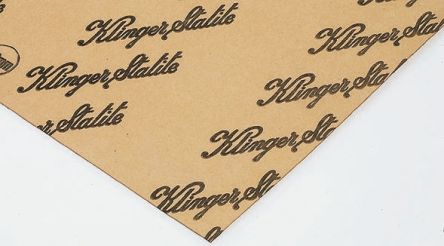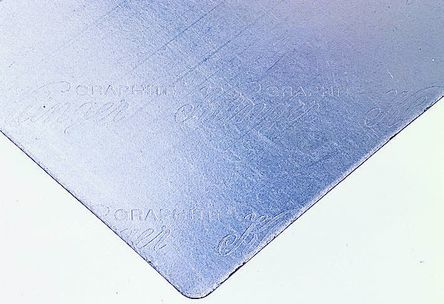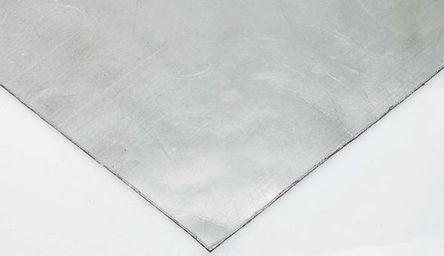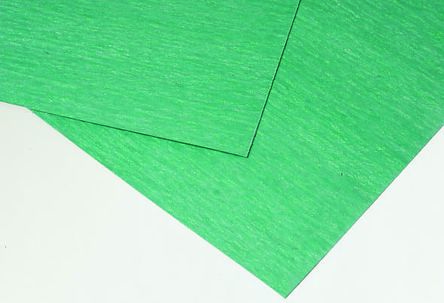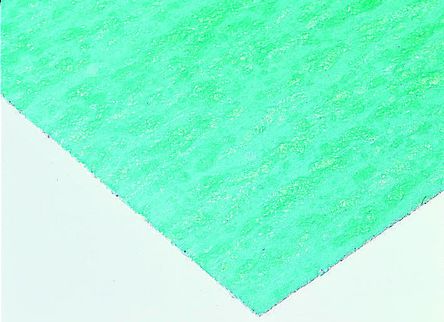- Automation & Control Gear
- Cables & Wires
- Enclosures & Server Racks
- Fuses & Circuit Breakers
- HVAC, Fans & Thermal Management
- Lighting
- Relays & Signal Conditioning
- Switches
- Batteries & Chargers
- Connectors
- Displays & Optoelectronics
- ESD Control, Cleanroom & PCB Prototyping
- Passive Components
- Power Supplies & Transformers
- Raspberry Pi, Arduino, ROCK, STEM Education & Development Tools
- Semiconductors
Gasket Sheets
Gasket sheets, also referred to as "gasket paper", are sheets of gasket material that can be cut and used as quick, cost-effective replacements for gaskets. They are commonly made from robust, flexible materials such as cork, rubber, graphite and nitrile, and are used in different industries to create leak-free seals. Available in a variety of sheet sizes and thicknesses, gasket sheets are ideal for bespoke fittings or to create immediate replacements without having to wait.
What is a gasket?
Gaskets are created by cutting out the shape of the juncture to be sealed from a sheet of material. A gasket, often paired with an O-ring, is used around the joining between pipes or ducts to create a leak-free, compressible seal that allows for the continuous flow of the liquid or gas within the pipework. There are different types of gaskets depending on the application they are being used for, such as vehicle gaskets, which are used in the engines of cars, planes, boats, etc., and flange gaskets, which are used in ductwork and piping systems.
Which material should I use?
When choosing a premade gasket or creating your own from a gasket sheet, it is important to take all of the factors of your application or project into consideration to ensure you choose the most suitable material. Chemical compatibility, operating temperatures and pressures are all factors that can affect the gasket material, and long-term cost effectiveness can also make one material a better choice over another.
- Natural rubber - offers good protection from most gases and mild acids or alkalis, but natural rubber is not suitable for oils, fuels or high pressure/high temperature applications.
- Cork - fairly economical and easy to compress. It doesn't react aggressively with many substances and has excellent vibration-damping properties, but can be somewhat lacking in mechanical strength under significant torsion.
- Nitrile rubber - effective against leaks of oils, water and some greases, nitrile rubber gaskets is relatively chemically resistant. However, it is unsuitable for strong oxidising agents, chlorines and ketones.
- Graphite - found in high temperature or pressure environments, as well as those where hazardous chemicals must be sealed away, graphite gaskets can vary in flexibility depending on their carbon content. High-carbon graphite gaskets are often reinforced with metal cores or fillers to counteract brittleness.
